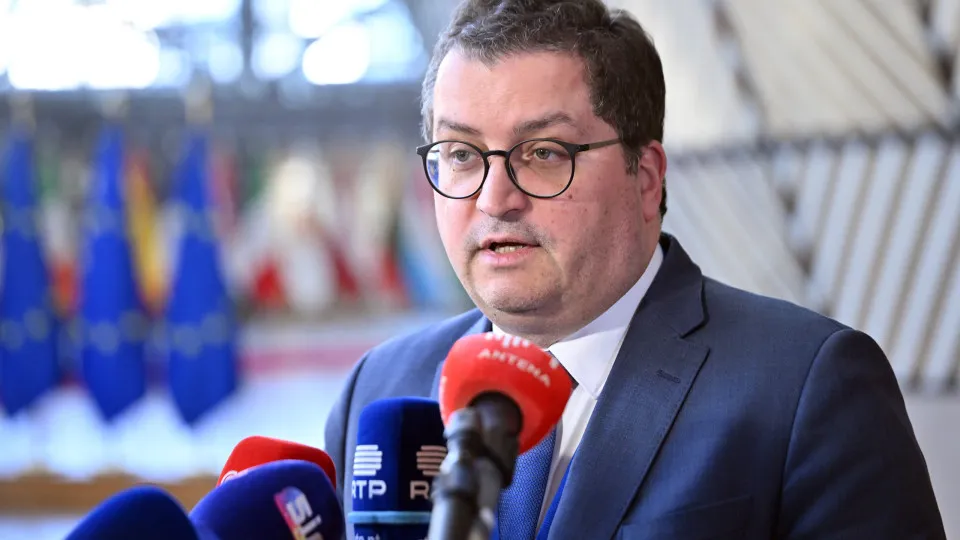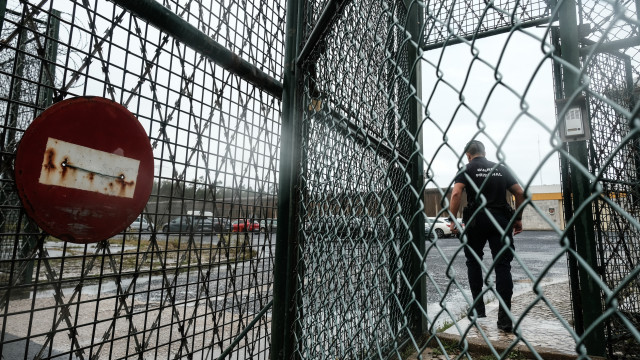
As the holiday season approaches, financial prudence becomes crucial. While vacations tend to increase expenses, Nickel, a financial institution, emphasizes the importance of careful financial management to enjoy a restful vacation without jeopardizing economic stability upon returning.
Nickel suggests five essential strategies to manage finances effectively before embarking on a vacation, ensuring a peaceful summer:
- Reevaluate spending habits before vacation – Analyzing consumption patterns in the weeks leading up to a vacation can uncover saving opportunities. Reducing recurring or non-essential expenses can provide financial leeway for the holiday period without impacting other monthly duties.
- Simulate expenses according to the destination – Consider the cost of living, currency exchange, transportation, and food of the chosen destination realistically to prepare an accurate budget, minimizing unexpected expenses that might disturb financial balance.
- Choose financial solutions with international coverage – Secure and predictable access to funds is crucial, especially abroad. Opt for accounts or cards that offer fee-free payments and withdrawals, including travel insurance and medical assistance, ensuring a safer, more comfortable experience.
- Set daily spending limits – Beyond a general budget, establishing daily expenditure limits facilitates practical financial control. This approach allows for flexible adjustment of expenses throughout the trip while maintaining the required flexibility for unforeseen situations.
- Anticipate post-vacation costs – Vacations don’t end upon returning. Expenses such as school supplies, deferred bills, or minor unforeseen costs may arise. Allocating part of the budget for this period can help avoid additional pressures and maintain financial stability.
Consumer Choice data reveals that most Portuguese (38%) plan to spend between €500 to €1,000 on summer vacations.
The financial allotment for summer vacations indicates that 38% will spend between €500 to €1,000 on travel. Around 26% plan a budget between €1,000 to €2,000, while 16% intend to spend less than €500. Meanwhile, 15% admit expenses exceeding €2,000.
Furthermore, a small percentage of respondents (5%) prefer not to disclose their travel expenditure.
Compared to last year, 49% plan to maintain the same expenditure level, 24% intend to spend less, while 17% foresee higher spending.




